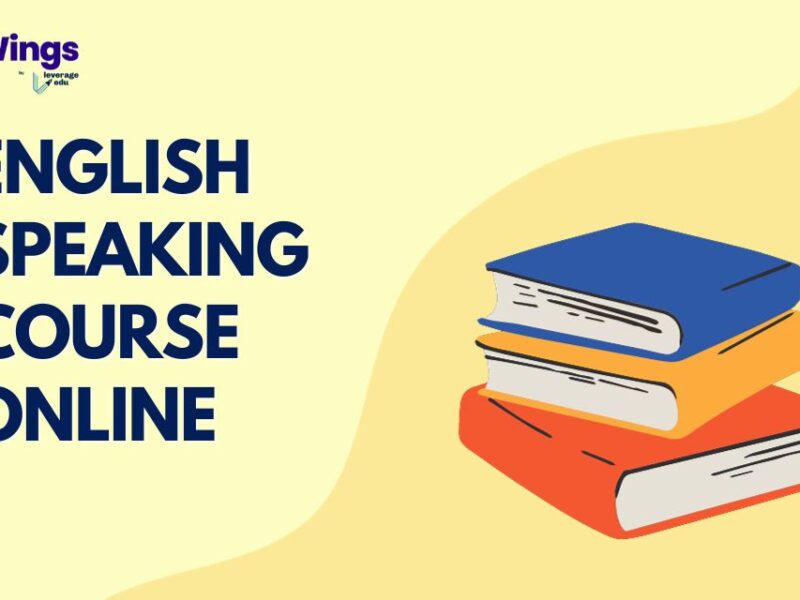Education stands as the cornerstone of societal progress, shaping individuals into informed and capable citizens while driving innovation and growth on a global scale. Its significance cannot be overstated, as it equips individuals with the knowledge, skills, and perspectives needed to navigate an ever-evolving world. The journey of a course in miracles begins in early childhood, where foundational concepts are laid, fostering cognitive development, social interaction, and emotional intelligence.
As students progress through primary and secondary levels, education not only imparts subject-specific knowledge but also nurtures critical thinking, problem-solving, and effective communication – skills that transcend disciplines and are vital in personal and professional spheres.networking and collaboration among students from various backgrounds, fostering a rich tapestry of ideas and perspectives.
In today’s fast-paced digital age, education has expanded beyond traditional classrooms. Online learning platforms offer flexibility and accessibility, enabling learners to acquire knowledge at their own pace irrespective of geographical boundaries. Moreover, technology has introduced interactive and immersive learning experiences, making education engaging and tailored to diverse learning styles. The integration of artificial intelligence and virtual reality into educational tools holds the promise of revolutionizing how information is delivered and absorbed.
Higher education opens doors to specialized fields, advanced research, and professional expertise. Universities and colleges play a pivotal role in shaping future leaders, thinkers, and change-makers. Beyond academic learning, these institutions promote holistic development by encouraging participation in extracurricular activities, fostering cultural understanding, and nurturing social responsibility. The collaborative environment of higher education institutions also cultivates.
Education not only empowers individuals but also bolsters economies. Nations with well-established education systems tend to experience higher productivity, innovation, and overall prosperity. A skilled and educated workforce contributes to the growth of industries, while groundbreaking research and technological advancements emerge from academic institutions. Moreover, education is a potent tool in addressing societal challenges, from healthcare to environmental sustainability. Informed citizens are better equipped to make sound decisions and advocate for positive change in their communities and beyond.
However, challenges persist on the path to providing quality education for all. Disparities in access to education due to economic, social, and geographical factors still exist. Efforts must be made to bridge these gaps, ensuring that every individual, regardless of their background, has the opportunity to learn and thrive. Education systems must also continuously adapt to the evolving demands of the job market, equipping students with skills that are relevant and transferable. Educators and policymakers play a crucial role in shaping curriculum, pedagogy, and educational policies that align with the needs of a rapidly changing world.


